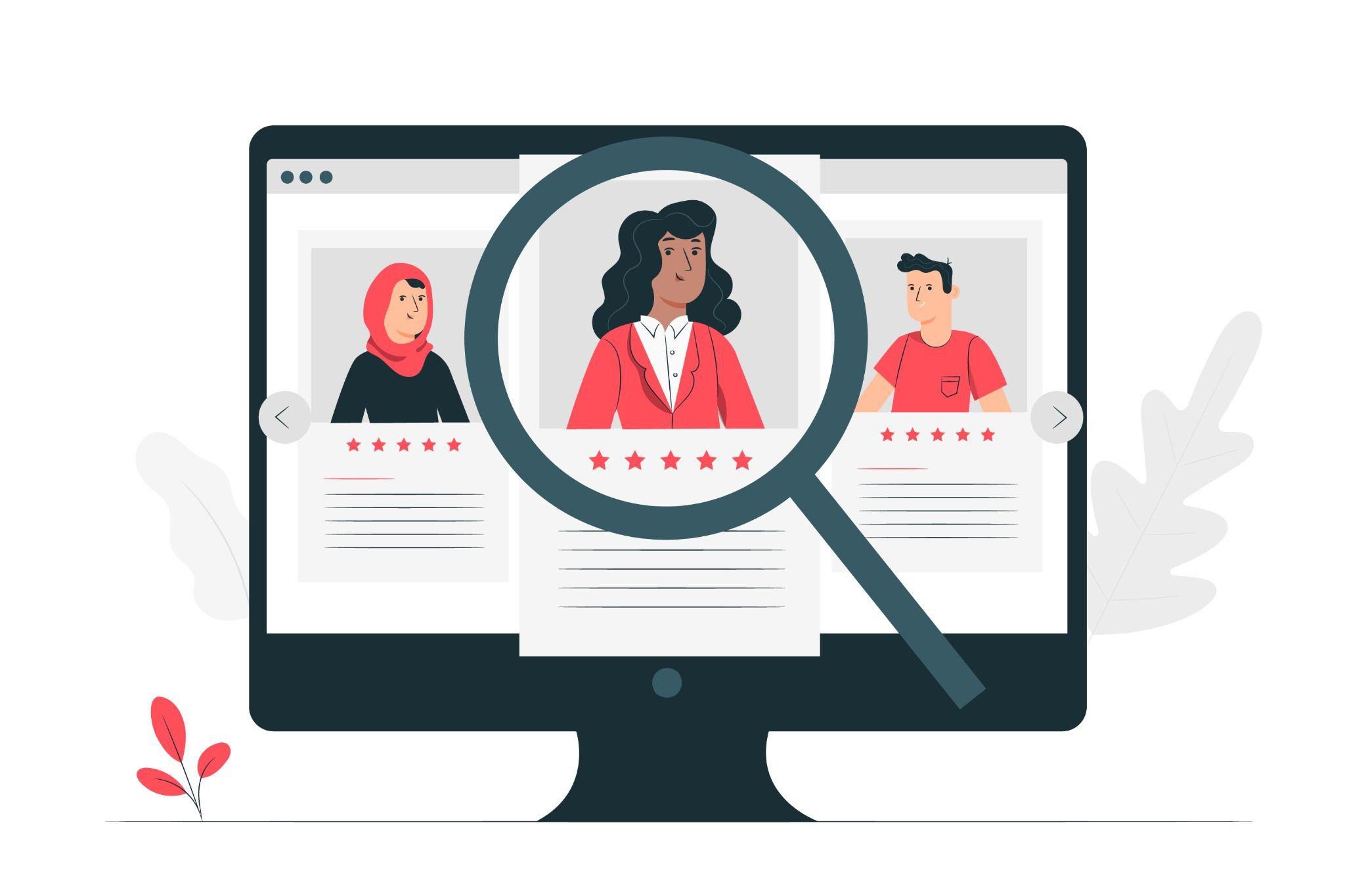Image source: https://www.vecteezy.com/photo/8095037-business-people-use-smart-brain-information-management-concept-tablet
As an entrepreneur, you are required not only to wear multiple hats and manage a wide range of responsibilities on a daily basis, but at the same time, you also have to deal with a constant influx of information from all sides. The amount of data that the average organization collects has increased tremendously in recent years as a direct result of tech developments and digitalization. This is mostly a positive thing, and we have all the reasons to be grateful for these innovations, but one can’t turn a blind eye to the drawbacks.
While the fact that you have more tools at your disposal to stay connected with everyone and access vast amounts of data from numerous sources is generally regarded as a huge benefit, it can also work against you. With so much information coming your way, you can end up spending more time sifting through the records, files and data that accumulate every day than actually running your business. The struggle is real and will often leave you overwhelmed, confused and unable to take action. So, if you want to regain control of the situation, you need to make a conscious effort to combat information overload.
How information overload can hurt you and your business
We often hear how information empowers people to make better decisions and reach their goals, and that’s completely true. But too much of a good thing can become a bad thing and lead to all sorts of negative consequences, such as:
- Poor health – according to a study, 36% of managers have reported health issues do the massive amount of information they have to process at work. The human brain is not a computer, so we only dispose of limited processing capacity. Therefore, exposure to excess data can take a toll on your physical and mental health by leading to memory loss, anxiety, fatigue and burnout.
- Reduced decision-making capacity – when there’s too much data to process, it can be extremely difficult to cut through the complexity and gain the insights you require in order to make sound business decisions. The confusion created by these data burdens the decision-making process and increases the likelihood of making mistakes.
- Low efficiency – dealing with all sorts of information from various sources also implies sharing your attention across multiple areas, which can lead to distractions and affect efficiency and productivity.
- Lack of creativity – keeping your mind busy with information all the time doesn’t leave much mental space for creativity, so you may have a difficult time finding inspiration.
Smart ways to ease the information overload burden
It’s obvious that data excess can be detrimental to you and your business, but the solution is not to close the information tap completely until you’re ready to face the world again. There are less dramatic and far more effective strategies you can employ, such as:
Using the right tools
Sometimes the problem is not so much the huge amounts of information you collect but the way you manage it. If you’re storing all the data that comes to you in the same place without having a clear structure or a plan of how to handle it, it’s no wonder you’re not able to make sense of any of it.
Organization is key when it comes to handling data from various sources and using it effectively. That means having the right tools in place and creating a system that will help you store, categorize and gain access to your data with ease. Fortunately, there are plenty of tools out there that can help you keep every piece of information organized so you can leverage it to your company’s advantage.
Outsourcing
Even if you’re the kind of entrepreneur that likes to be on top of everything and do everything yourself, you need to accept that you can’t do everything on your own. Sometimes, it would really help to have someone who can do part of the work for you and tell you exactly what you need to do in a given situation.
That’s where outsourcing comes into play. When it comes to analyzing data and interpreting business data, agencies like Savanta in the USA can make your life infinitely easier by providing valuable insights and streamlining the decision-making process. Working with the right partners can help you enhance your ability to handle data and boost business growth.
Quality over quantity
As an entrepreneur, the data your gather from consumers, partners and other sources is meant to help you gain a better understanding of the market and refine your business operations. If you’re just amassing facts and figures randomly, just for the sake of it, you’re missing the point altogether. Many businesses fall into the trap of chaotic data collection, so they either end up gathering information they don’t actually require or not being able to use it because it’s not properly organized.
You need to be aware of the fact that not all information is created equal. The data that you don’t need but still receive might become a dead weight and turn into an obstacle to business growth. It’s a matter of quantity over quality that often gets ignored by many organizations. So, if you don’t want to waste your time and resources trying to collect and process useless information, you have to start at the root and filter the data that reaches you through various channels.
Focus on what matters
No one knows your company better than you do, so you’re the only one who can tell the difference between useful and useless information. In the digital world we live in, it’s impossible to put a stop to the information flow we receive, especially if you’re a new business that’s only getting acquainted with the ins and outs of entrepreneurship. But what you can do is use your time wisely and decide where to direct your attention.
In the end, information overload is not an impossible issue to combat. All you need are a few guiding principles and some determination to navigate these information-flooded times successfully.









